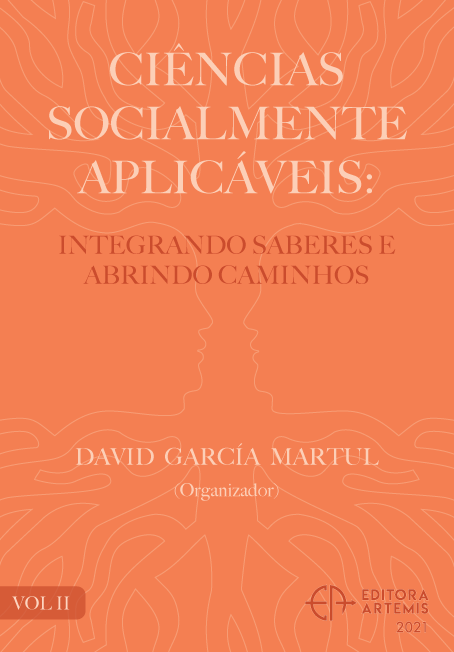
EMPREENDEDORISMO RURAL E APOIO INSTITUCIONAL: O CASO DE ESTUDO DE UMA ALDEIA NO INTERIOR DE PORTUGAL
O presente trabalho visa proporcionar uma contribuição para o conhecimento sobre a assistência e apoio institucional a iniciativas empresariais, explorando o estudo de caso de uma aldeia no interior de Portugal: Campo Benfeito na região de Montemuro. As “Capuchinhas do Montemuro” e o “Teatro Regional da Serra de Montemuro” são dois exemplos de empreendedorismo rural da aldeia que tomaram forma graças à assistência e apoio local, nomeadamente do Instituto de Assuntos Culturais e das estruturas governativas locais. Sem esta ajuda, a aldeia estaria provavelmente num processo de agonia, como estão tantas aldeias do interior rural do país. Advoga-se que a capacidade dos atores locais em explorar tal ajuda dependeu do capital humano e social da aldeia, que mostrou ser rico em Campo Benfeito. Para a viabilidade de iniciativas como estas, sugere-se que as medidas políticas em favor do empreendedorismo (rural) devam equipar tais formas de produção a bens públicos, com o risco se tal não for feito, se perder um legado deixado pelos antepassados da aldeia.
EMPREENDEDORISMO RURAL E APOIO INSTITUCIONAL: O CASO DE ESTUDO DE UMA ALDEIA NO INTERIOR DE PORTUGAL
-
DOI: 10.37572/EdArt_30082145330
-
Palavras-chave: Empreendedorismo rural, apoio institucional, governança, Região de Montemuro, Campo Benfeito, Portugal
-
Keywords: Rural entrepreneurship, institutional support, governance, Região de Montemuro, Campo Benfeito, Portugal
-
Abstract:
This work aims to provide a contribution to the knowledge about institutional assistance and support to business initiatives, exploring the case study of a village in the interior of Portugal: Campo Benfeito in the Montemuro Region. The “Capuchinhas do Montemuro” and the “Teatro Regional da Serra do Montemuro” are two examples of rural entrepreneurship in the village that took shape thanks to local assistance and support, namely from the Institute of Cultural Affairs and local government structures. Without this help, the village would probably be in a process of agony, as are so many villages in the rural interior of the country. It is defended that the capacity of local actors to exploit such help depended on the human and social capital of the village, which proved to be rich in Campo Benfeito. For the viability of initiatives like these, it is suggested that policy measures in favor of (rural) entrepreneurship should equate such forms of production with public goods, with the risk of losing a legacy left by the village's ancestors if this is not done.
-
Número de páginas: 17
- Maria Lúcia de Jesus Pato

